At the question and answer session at the National Assembly on the morning of November 6, delegate Nguyen Manh Cuong (National Assembly delegation of Quang Binh province) questioned Minister of Finance Ho Duc Phoc about the very slow divestment of equitization of state-owned enterprises, only a small part of the proposed plan.
The delegate stated that the authorities concluded that many enterprises had committed violations in the equitization of state-owned enterprises, causing great losses. The delegate questioned the Minister about the causes and responsibilities in this situation.
During the question-and-answer session on the afternoon of November 6, Minister Ho Duc Phoc admitted that equitization in this term was slow due to many reasons, including three most basic reasons.
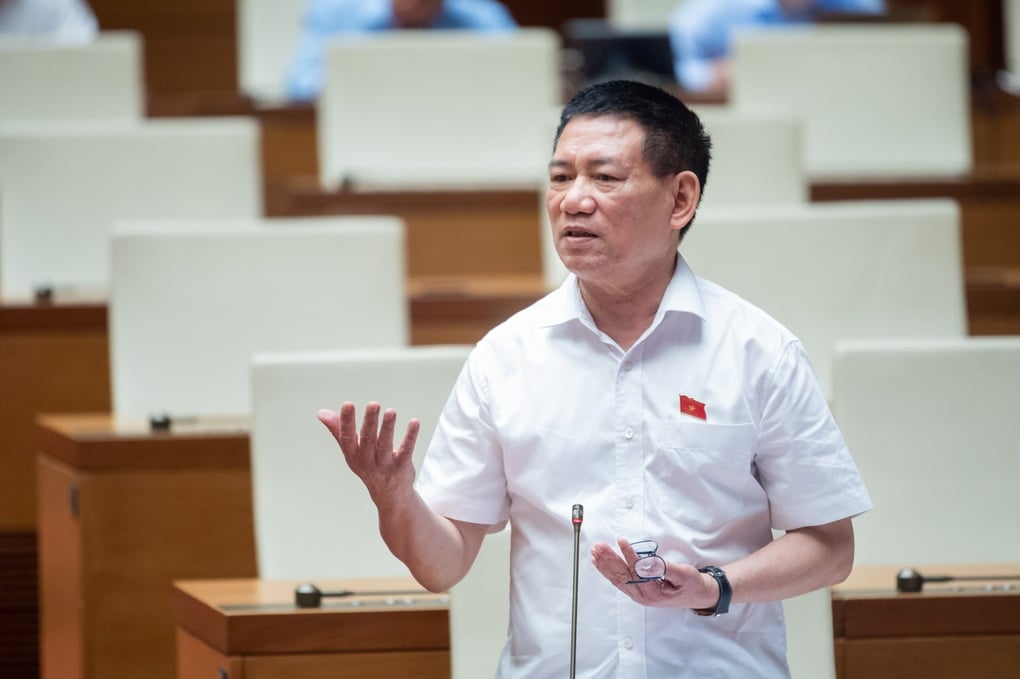
The Minister of Finance said that the regulation not allowing the conversion of land use purpose from leased land to residential land has made businesses no longer want to buy state-owned enterprises (Photo: Quochoi.vn).
Firstly, when businesses want to buy equitized enterprises, they will look at "golden land" areas. Now, Resolution 60 of the National Assembly and the Government's Decree stipulate that it is not allowed to change the land use purpose from leased land to residential land. Therefore, it is clear that there will be no more differential rent, so businesses will not buy companies.
Second is the land use plan, which is almost not approved by local authorities. Because changing the purpose of use from leased land to residential land is strictly prohibited.
Third, land use rights are included in the enterprise value and other asset values that need to be appraised... This creates risks in the equitization plan. Ministries, sectors, and enterprises have not yet submitted their equitization plans, causing delays in the equitization of state-owned enterprises.
Presenting on the slow equitization of state-owned enterprises, Deputy Prime Minister Le Minh Khai assessed that in the previous term and the first half of this term, the restructuring of state-owned enterprises, equitization, and divestment of capital was slow.
"In the previous period, we only achieved 30%, but in the first 10 months of this year, we have achieved modest results," said the Deputy Prime Minister.
The Deputy Prime Minister mentioned a number of reasons. The first is the instability of the domestic financial market, especially the impact of the Covid-19 pandemic, which has limited the equitization work as well as the investment demand of investors. In particular, the characteristics of the current equitized enterprises are that the remaining enterprises are facing many difficulties and are large-scale enterprises.
In the recent past, when some enterprises and corporations were equitized, the participation of society was not much. Even the socialized enterprises only got 1%, for example Cienco 1, Cienco 2, Cienco 3.
Currently, small and medium enterprises are participating in providing public services, so equitization is also very difficult. In particular, the procedures and regulations related to this issue are very complicated.
In the coming time, the Government and the Prime Minister have also focused on directing and continuing to implement solutions. The delegates saw that the Government and the Prime Minister have had many meetings and directed sectors and levels to accelerate the direction at all levels in the coming time, continue to review and strengthen the responsibility of leaders, especially related to representatives of State capital owners.
Source





![[Photo] General Secretary To Lam attends the 80th Anniversary of the Cultural Sector's Traditional Day](https://vstatic.vietnam.vn/vietnam/resource/IMAGE/2025/8/23/7a88e6b58502490aa153adf8f0eec2b2)


![[Photo] Prime Minister Pham Minh Chinh chairs the meeting of the Government Party Committee Standing Committee](https://vstatic.vietnam.vn/vietnam/resource/IMAGE/2025/8/23/8e94aa3d26424d1ab1528c3e4bbacc45)







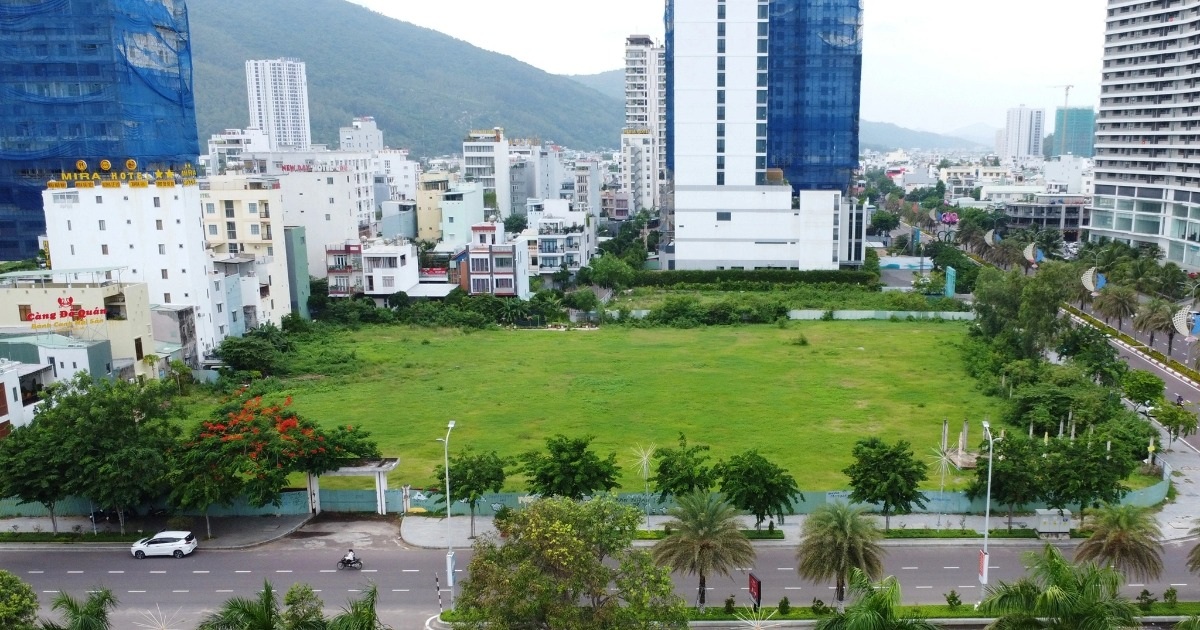


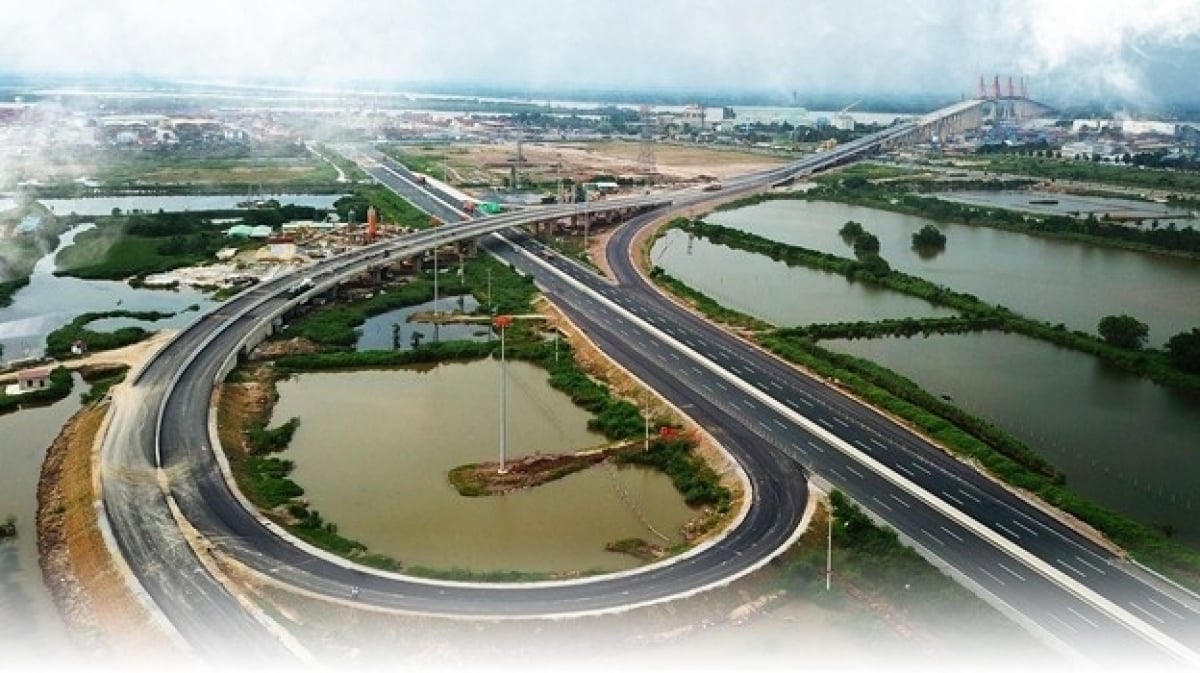



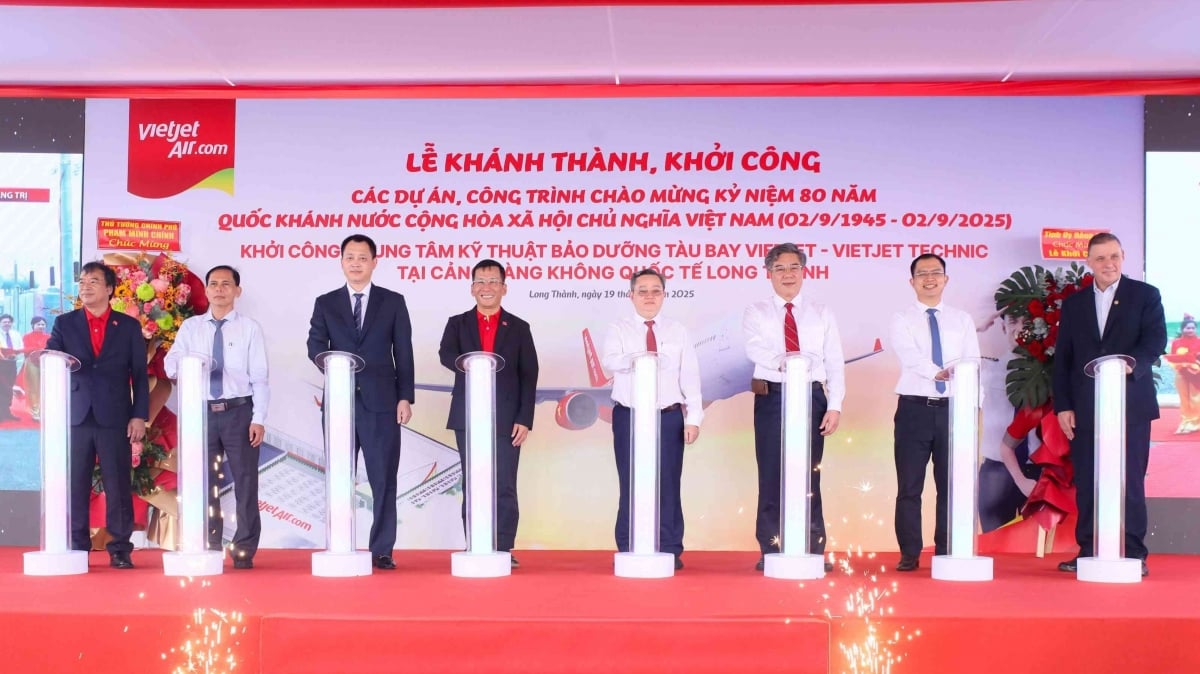






















































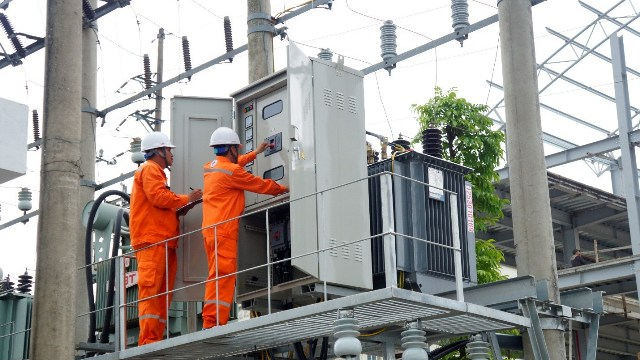



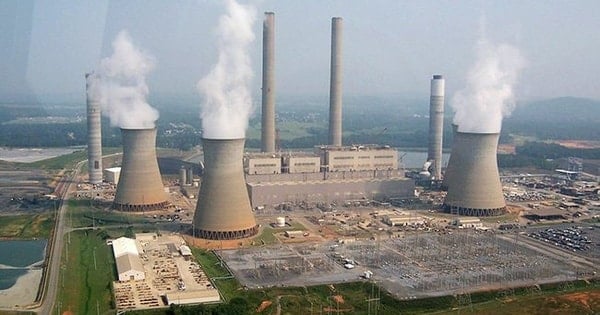

















Comment (0)